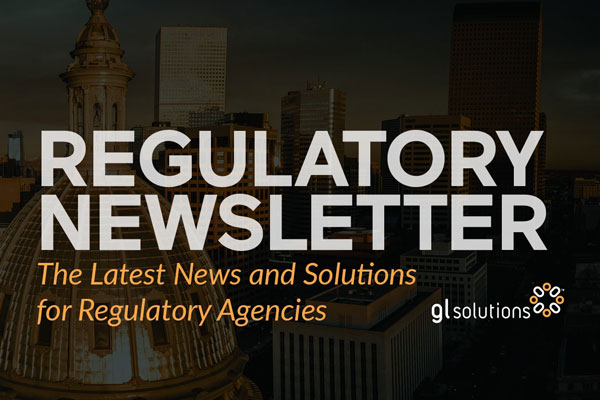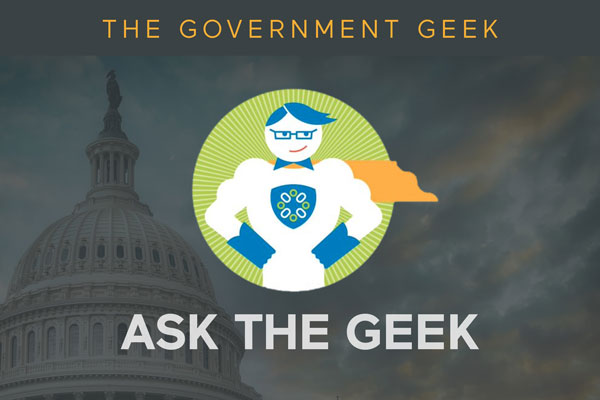COVID changed the expectations of how businesses—and regulatory agencies—serve their customers. Despite COVID, people still expected government to meet their needs, including the ability to renew or apply for a license. Regulatory agencies heard the call to modernize, receiving cash infusions from the federal government to upgrade legacy software and systems. But what does modernization really mean for regulatory agencies?
For regulatory agencies, modernization means keeping up with the following trends, standards and tools:
Document Retention
Regulatory agencies must store conversations and documents, meeting document retention statutes that span 1 year to 100 years. Incorporating email integration into your regulatory software, enables your agency to store and organize all communication within the application—versus in letters or physical documentation or in email siloed in staff email folders. Along with email integration, interfaces help you go paperless, streamlining data collection and processing.
Comprehensive Reporting
Achieve your agency’s goals by tracking every aspect of your agency’s performance with these reports and tools.
- Key Performance Indicators – KPI reports help your agency measure performance; make the reporting clear and accessible with business intelligence reports that let you drill-through the details.
- Internal Audits – Produce auditing reports to successfully satisfy internal audit procedures.
- Dashboards – Staff dashboards, enable all staff, including managers, to see staff to do lists—and keep metrics on staff performance related to these tasks.
Guide Staff
With baby boomers retiring from government agencies, and an influx of new workers, agencies need quick and easy ways to train staff. A guide built into your regulatory software makes onboarding new staff a breeze. Look for software that offers you:
- Automated workflows move from one business process to another.
- The system directs every participant in a workflow through their required steps.
Cloud Hosted
Modern agencies, hoping to ditch the cumbersome collocation facilities, look to cloud-hosted solutions, like Microsoft Azure and Amazon’s AWS. These cloud-hosted solutions ensure endless amounts of storage for your agency and comply with FedRAMP—standards set by the federal government.
Security Standards
New security standards emerged to protect citizens, including StateRAMP. According to the StateRAMP website, the nonprofit promotes “cybersecurity best practices through education and policy development to improve the cyber posture of public institutions and the citizens they serve.” Members include State and local governments, public education institutions, and special districts.
Self-service Portals
Modern customer service for regulatory agency means online self-service portals for applications, permits, licenses, CE, background checks, enforcement, verification, status of licensure and claim status. A mobile-enabled website helps support data entry for remote functions, such as investigations, surveys and inspections.
Benefits of these self-service portals include:
- Reduced staff workloads
- Shortened application, renewal and case processing
- Improved accuracy of applications and renewals
- 24 X 7 agency service availability
Modernization is Just the Start
Along with modernizing, your agency must also continually transform to meet the ever-changing demands of the public, the workplace and your state legislature. With cybersecurity issues, for example, your agency pivots to handle the latest threat; and like your approach to cybersecurity, you must continually transform to manage your ever-evolving agency. Read Why Modernization is Just the Start to learn more.


